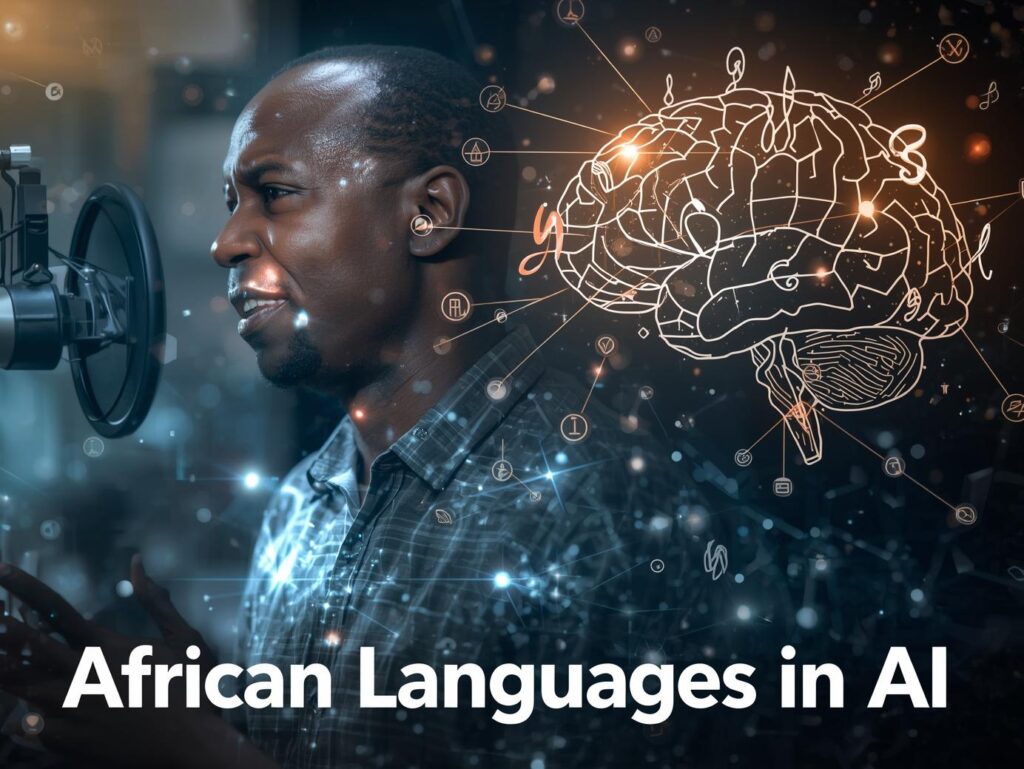Introduction
From Google to OpenAI, tech companies are racing to make their platforms more inclusive and multilingual. With over 1 billion African language speakers worldwide, the continent’s voices represent the next frontier in artificial intelligence, speech recognition, and localisation.
For African linguists, this isn’t just interesting news — it’s a career opportunity. If you speak, translate, or interpret an African language, you’re sitting at the cutting edge of one of the fastest-growing industries in the world.
Here’s why tech companies are investing heavily in African languages — and how you can benefit.
Why African Languages Matter
Most existing AI tools — from speech assistants like Siri to translation engines like Google Translate — are trained on European and Asian languages.
But African languages, spoken by millions, remain underrepresented online. This creates gaps in accessibility, usability, and representation for a huge population.
By bringing African languages into the digital ecosystem, tech companies are:
- Expanding their user base.
- Creating more inclusive products.
- Building the future of global communication.
What Tech Firms Need
Big tech companies and startups alike need authentic data and cultural expertise to build AI systems that actually work in African contexts.
They are looking for:
- Datasets – voice recordings, written samples, translations.
- Translations – accurate African language versions of websites, apps, and platforms.
- Cultural validation – checking whether technology feels natural and appropriate for local use.
This means linguists, translators, and interpreters are essential for progress.
Types of Projects Available
If you’re an African language speaker, you can contribute to:
- Speech Recognition Projects – training AI to understand your voice.
- Machine Translation Projects – making apps like Google Translate more accurate.
- Voice Synthesis – recording voices to help AI “speak” African languages naturally.
- Localisation Jobs – adapting software, games, or websites for African audiences.
These projects often pay per task, per dataset, or per project contract — and rates are competitive, especially for rare languages.
Why Now Is the Time
The demand for African languages in tech is booming. Why?
- Remote-friendly work – most projects can be done from home.
- Flexible contracts – ideal for freelancers, side hustlers, or full-time linguists.
- Growing budgets – companies are allocating more money to AI inclusivity than ever before.
Waiting means missing out — while early adopters are already building careers in this space.
Conclusion
African voices belong in the future of technology.
Don’t just watch the AI revolution — be part of it. Register with Linguistic Pathways today to connect with global AI projects, remote work, and tech companies actively searching for African linguists.


